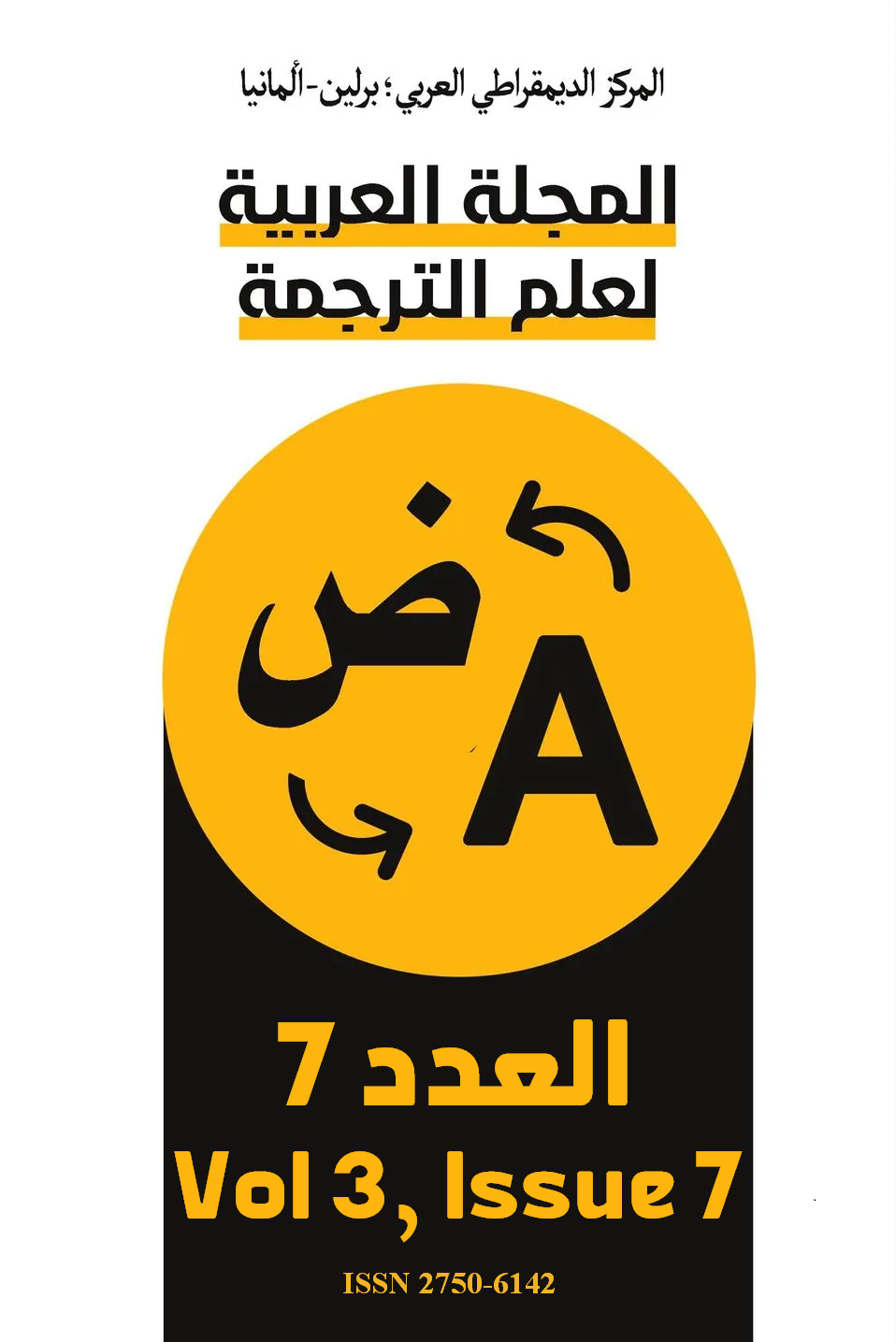Using Best Alternatives Based on Euphemism Technique to Deal with Cultural Problems in Translation
DOI:
https://doi.org/10.17613/3cp7-5347Keywords:
Translation Alternatives, Euphemism Technique, Cultural Problems, Translation ProblemsAbstract
This study aimed to address the problem of some expressions in translation that do not take into account euphemism technique in the target language. For this purpose, the analytical-critical approach was used for some texts, translating them and providing alternatives for the translator. The translator chooses the most appropriate alterative according to euphemism technique, taking into account the principles of the theory of politeness Theory, Grice's Maxims and Leech's Maxims. A group of texts were selected and analyzed critically to choose the appropriate ones based on the euphemism technique. The study reached a number of results, most notably that cultural difference requires the use of euphemism, because what is familiar in one culture may not be familiar in another. The translator should not commit cultural errors in the target language. The translator should understand the cultural connotations of the expressions to use the most appropriate euphemisms in the target language, with the goal of avoiding using of hurtful, embarrassing or inappropriate language. It is clear from analyzing the texts critically that the translator has alternatives that can be used to achieve the principle of euphemism. Euphemism helps to improve the quality of the translation and make it more professional. The study concluded with some recommendations related to the study, the most important of which is taking into account the best available alternatives in achieving euphemism in translation. In order to use the euphemism technique accurately, the cultures of the source language and the target language must be studied carefully.
Downloads
Published
Issue
Section
License

This work is licensed under a Creative Commons Attribution-NonCommercial 4.0 International License.
As an open-access the journal follows the CC BY-NC 4.0 Attribution-NonCommercial 4.0 International which states that:
- you are free to:
- Share— copy and redistribute the material in any medium or format.
- Adapt— remix, transform, and build upon the material.
- Under the following terms:
- Attribution— You must give appropriate credit, provide a link to the license, and indicate if changes were made. You may do so in any reasonable manner, but not in any way that suggests the licensor endorses you or your use.
- NonCommercial — You may not use the material for commercial purposes.
- No additional restrictions — You may not apply legal terms or technological measures that legally restrict others from doing anything the license permits.





